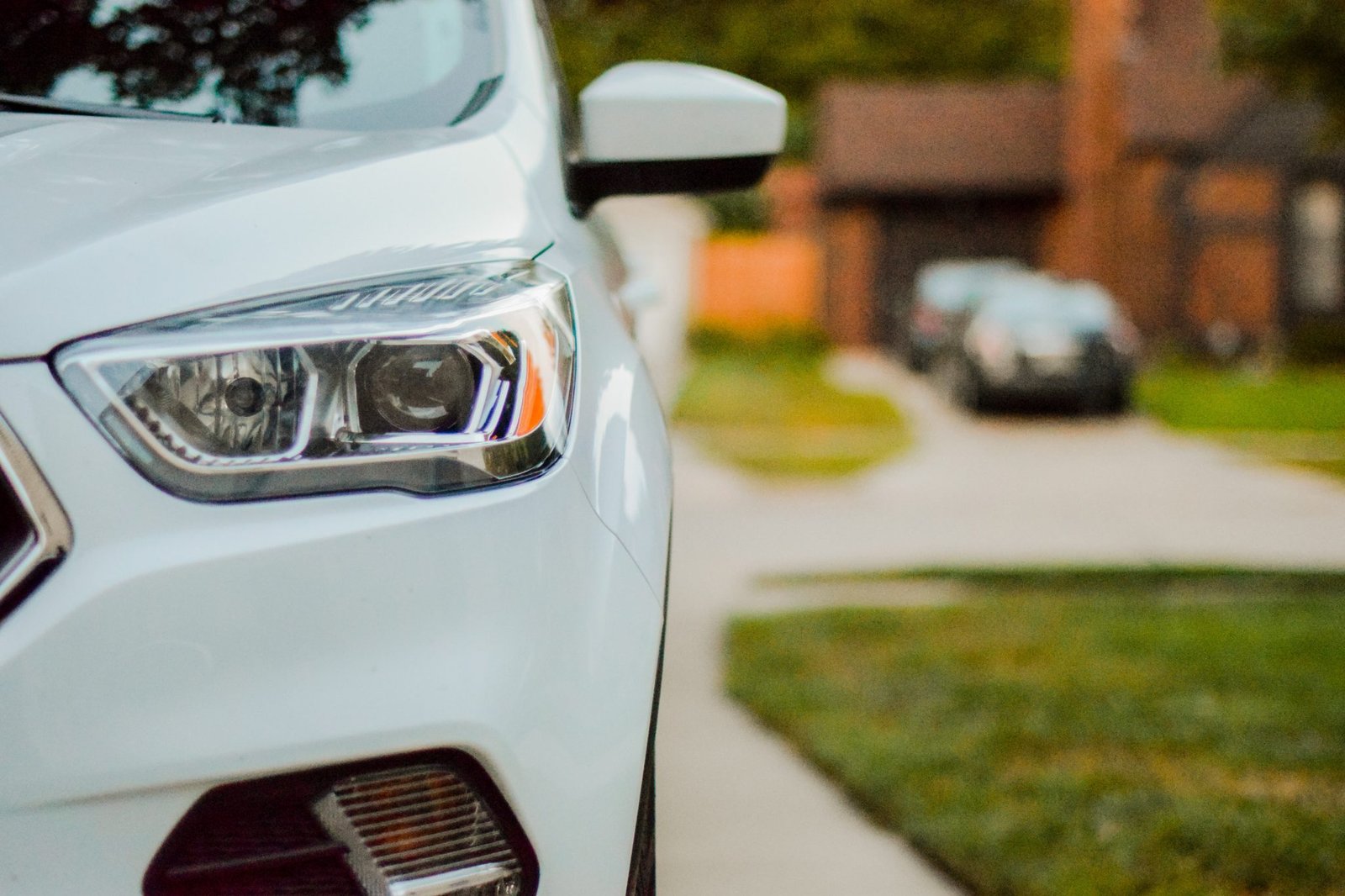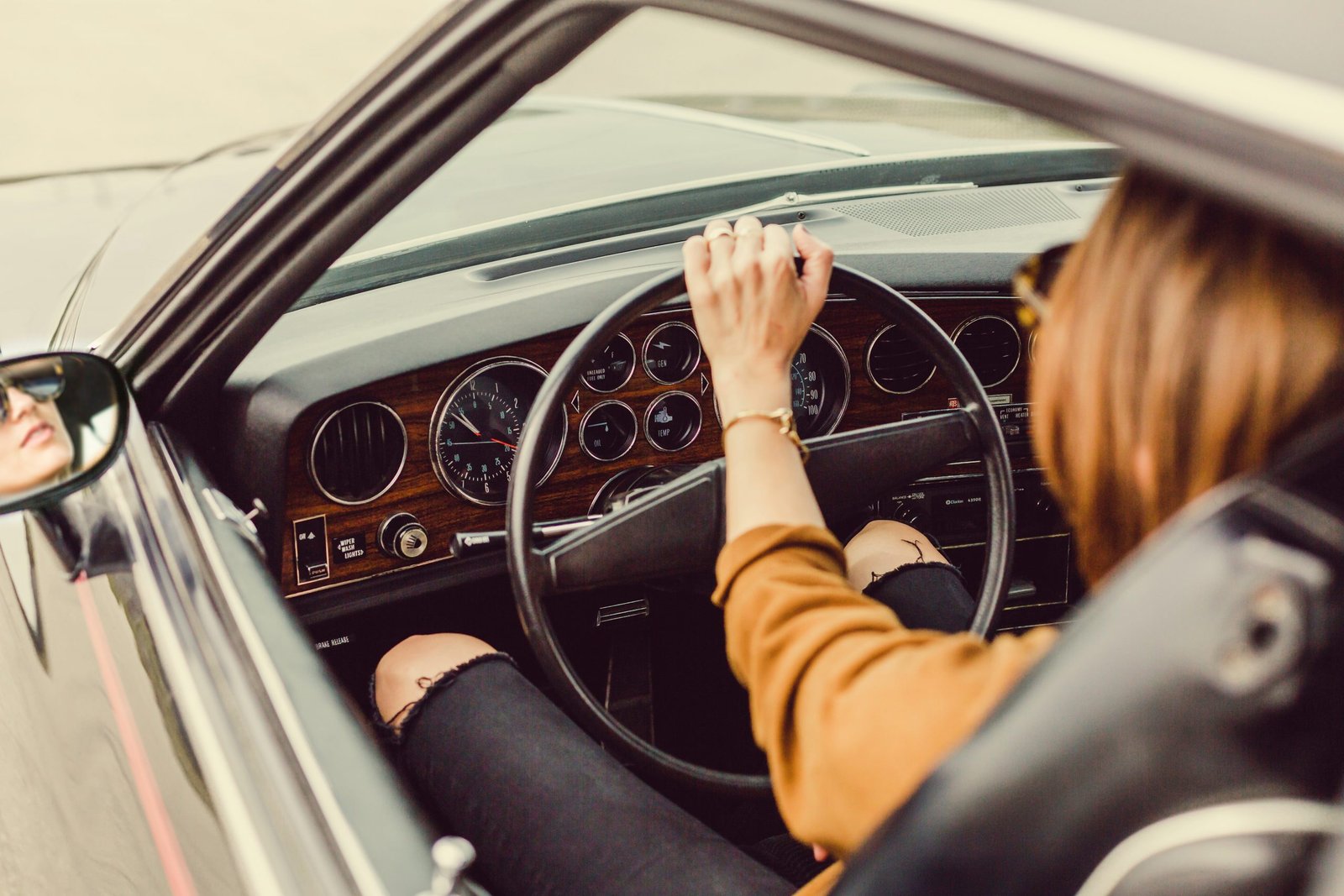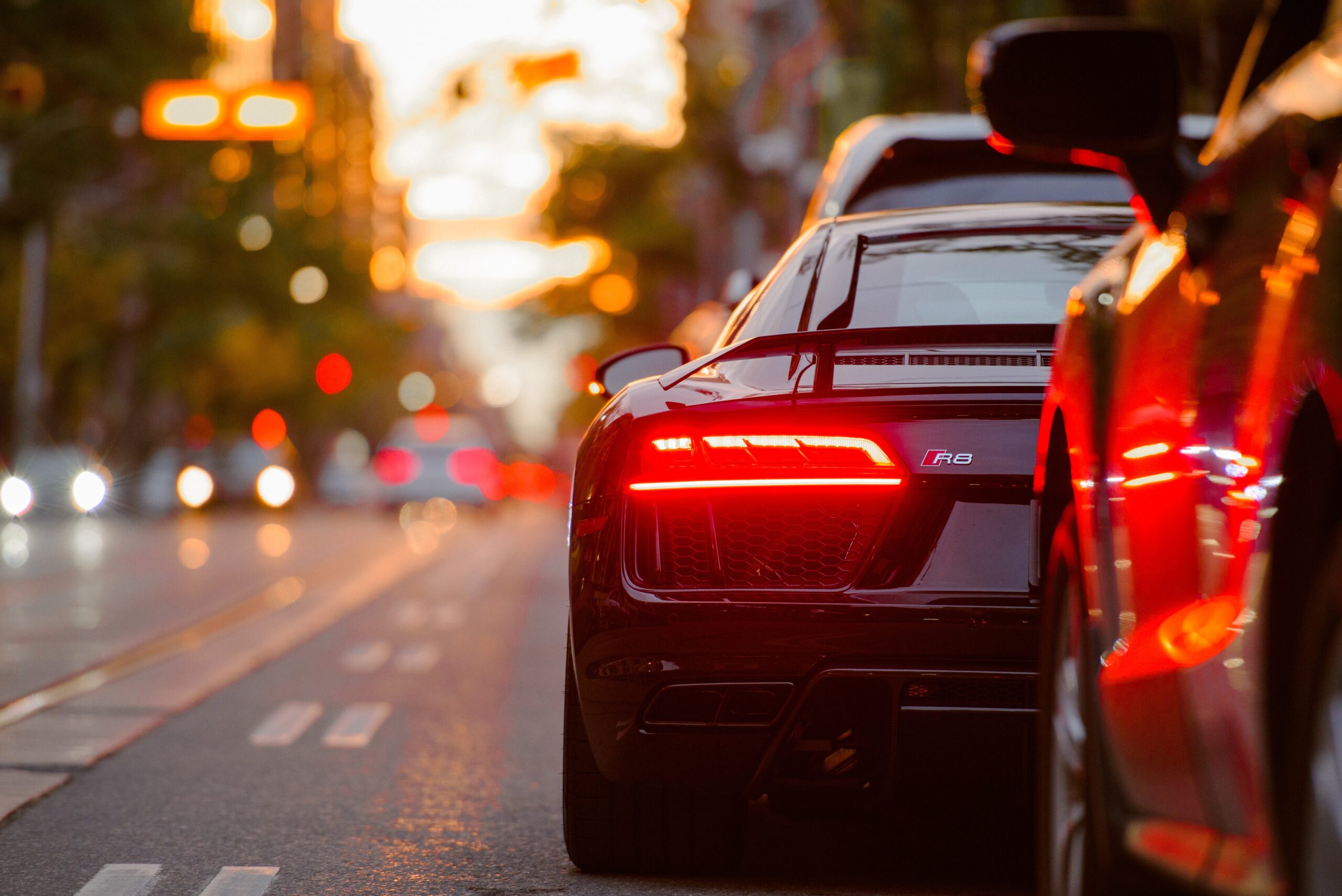Once you sign your final paperwork and drive off in that new car, there are still things you need to do before you can actually drive it.
These include registering the vehicle with your state’s Department of Motor Vehicles (DMV), getting insurance, and transferring your old car’s registration to your new one. Each of these tasks requires careful planning and preparation to ensure that everything goes smoothly and efficiently.
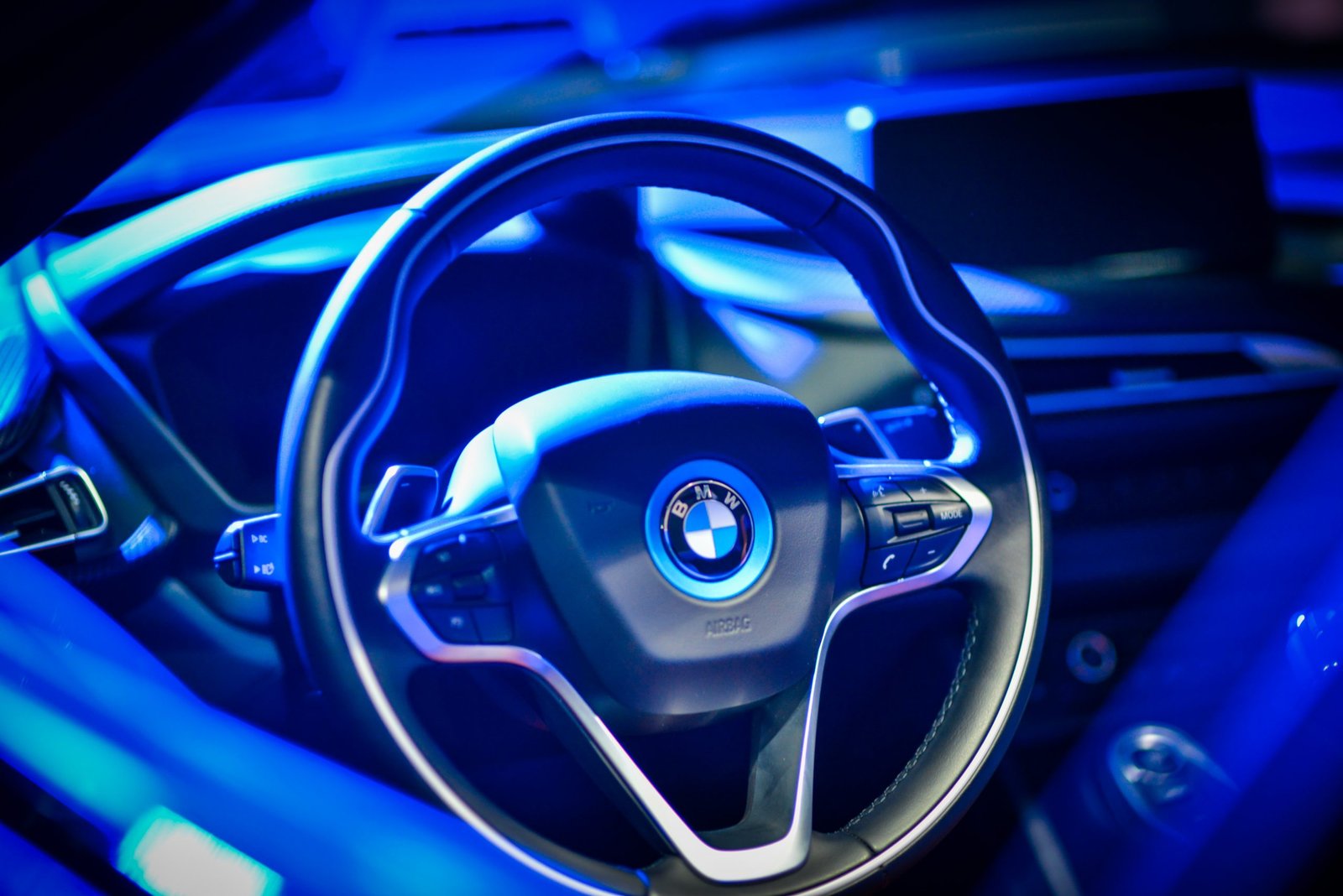
Get Car Insurance
It’s essential to get car insurance before hitting the road, even if you’re just driving the car home from the dealership. Most states mandate that motorists have car insurance before they drive. And many require proof of coverage before registering a new vehicle.
You can adjust some things to secure your new vehicle, like installing a driveway alarm to avoid potential accidents. You can read more here on how to get the right concrete driveway offer, which is also helpful in protecting your new car from theft and other damages. But in terms of insurance, you should research different providers to find the best rates and coverage for your needs.
If you get car insurance after buying the car, you risk paying a much higher premium for those first few months, so it’s best to get coverage as soon as possible. You can shop for car insurance at any time, but you’ll likely have the most options if you shop during the off-season, typically October through February. Companies like CARS Protection Plus can provide an excellent service with a selection of cover levels to suit each individual.
Decide What You’ll Do With Your Old Car
If you’re planning to sell your old car, you can simply house it in your driveway or garage until you find a buyer. If you’re trading it in, you may be able to arrange to leave it at the dealership until you’re ready to pick up your new car. But if you’re keeping the vehicle and don’t have a place to keep it, you’ll need to decide where to keep it.
For example, if you have a driveway and garage, you might be able to store both cars in your garage. However, if you don’t have the space, you may have to find a storage facility to keep your old vehicle safe and accessible until you’re ready to drive it away. Thankfully, you can easily ship a car to a storage facility so that you won’t even have to worry about driving there and then taking an Uber home.
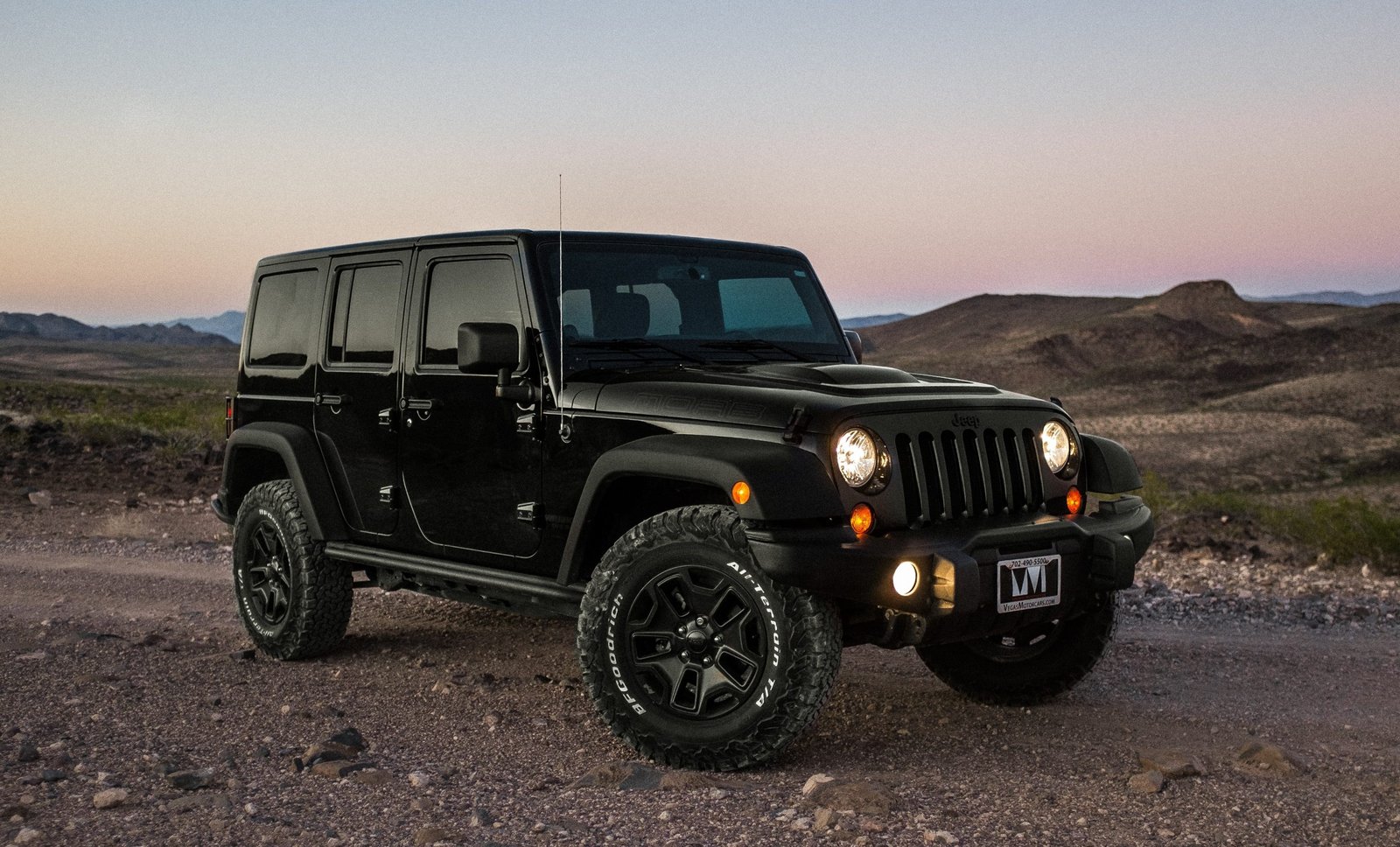
Check Your New Car’s Documents
Before you drive your new car, you’ll want to ensure that the car’s title and ownership documentation are correct. Double-check that the car’s VIN matches the VIN on the title, and make sure that the odometer reading matches. If there’s an error on the label, you’ll have to take the appropriate steps to fix it as soon as possible, or you might not be able to drive or register the car.
If you’re trading in a car whose ownership is in your name, get cash for the car’s title transfer to transfer the ownership to the dealership. You’ll need to take this to the DMV when you register your new vehicle.
Registration And Identification
Buying a new car is a pretty exciting concept. But you’ll have to hold your horses and get the important documents done before you drive into the sunset. So before you go to the DMV to register your new car, you’ll want to make sure that its title and ownership information are in order. You’ll also want to ensure that you have your driver’s license and proof of insurance in your possession.
At the DMV, you’ll need to fill out some paperwork, pay the registration fee, and show proof of identification. The DMV representative will check that the car’s VIN and odometer are accurate, and they’ll also make sure that the vehicle has been inspected and is up to state standards. Again, the exact process and paperwork will vary by state, so follow your state’s specific registration requirements.
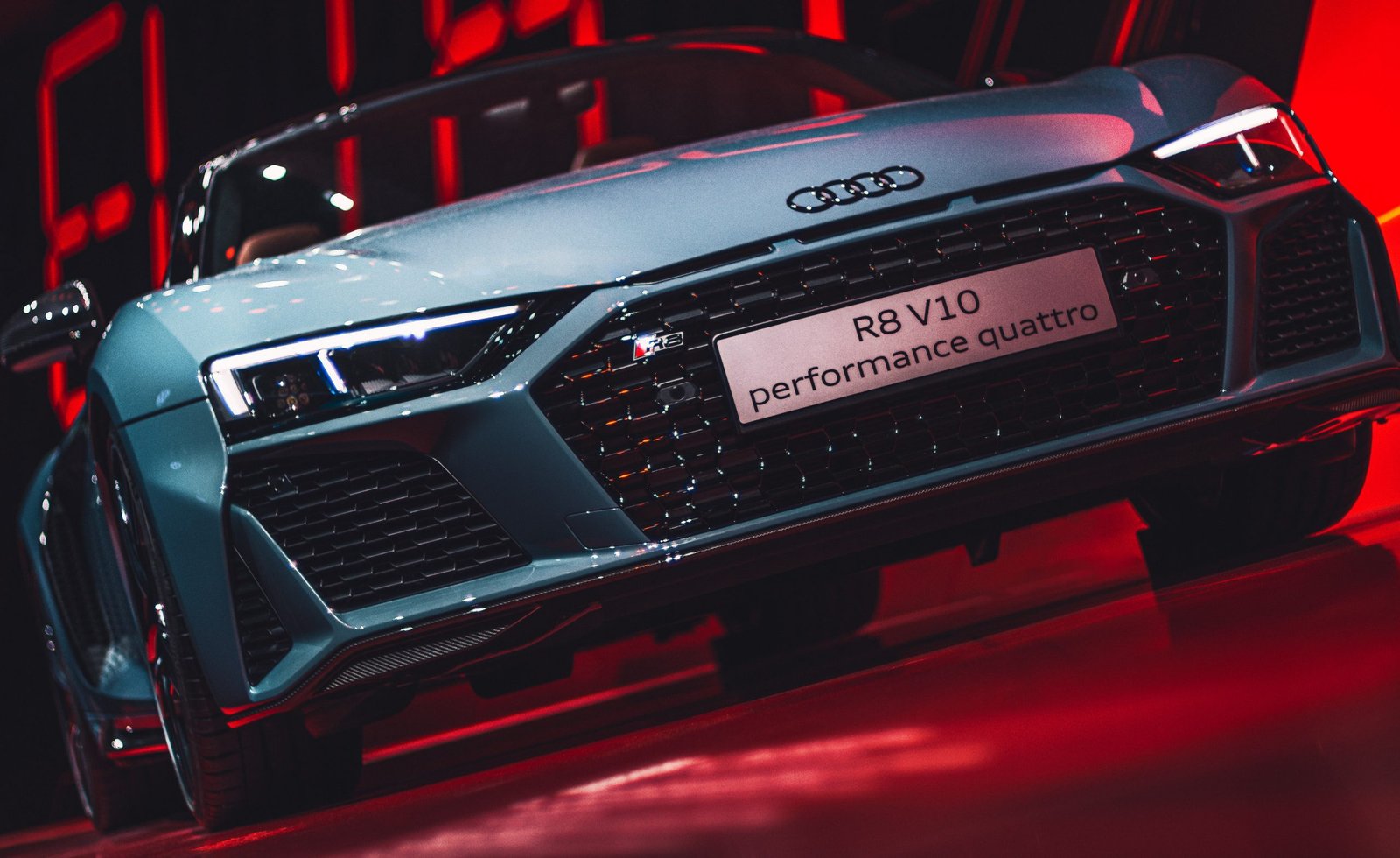
Make It Feel Like Your Own
Once you’ve done everything you need to do to get your new car on the road, make sure to take some time to make it feel like your own. Find a place for your stuff — such as your phone, keys, wallet, and other essentials — and make the car feel like it’s really yours.



